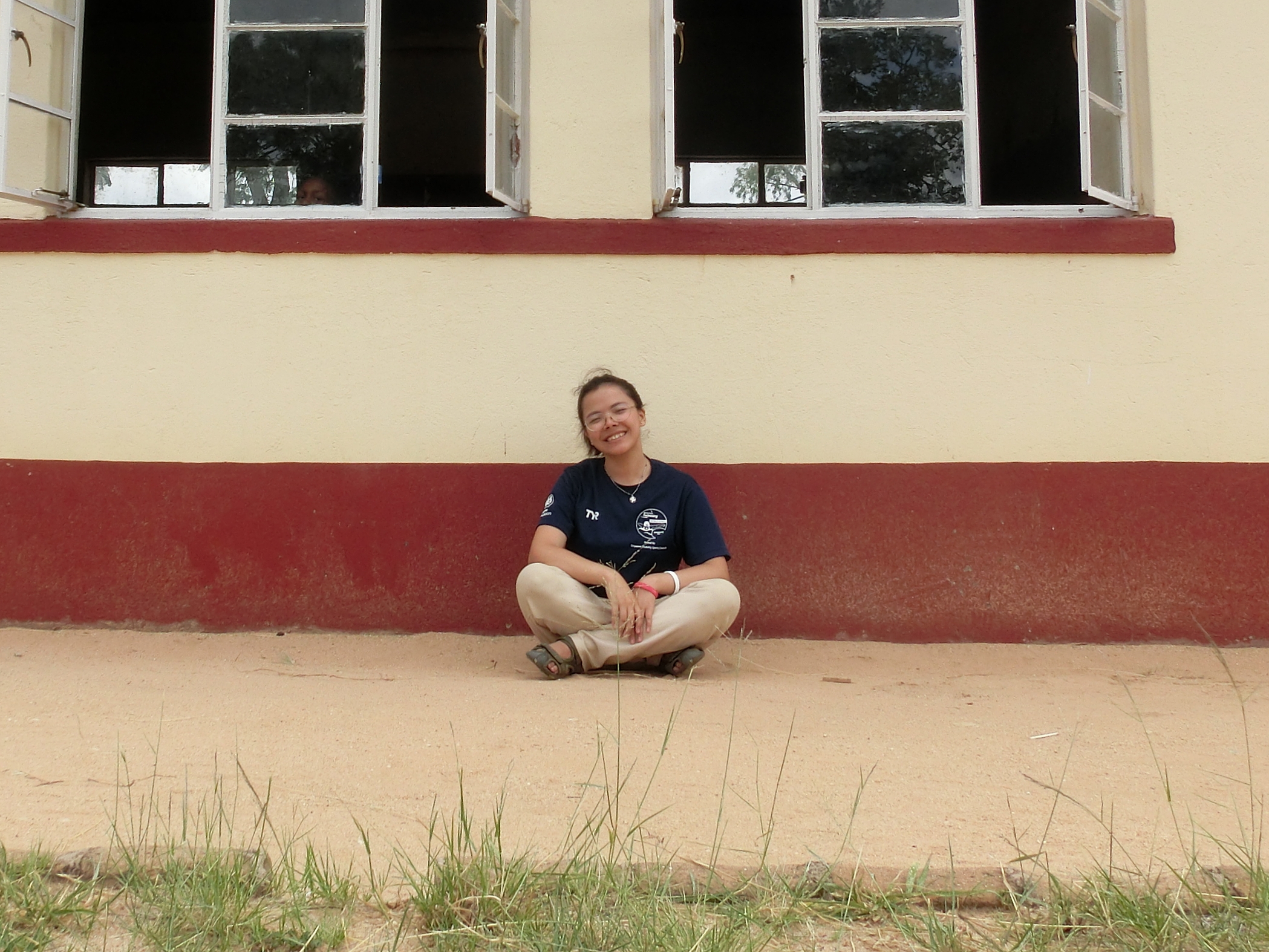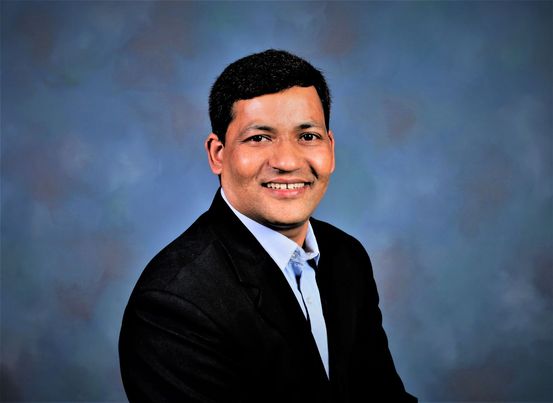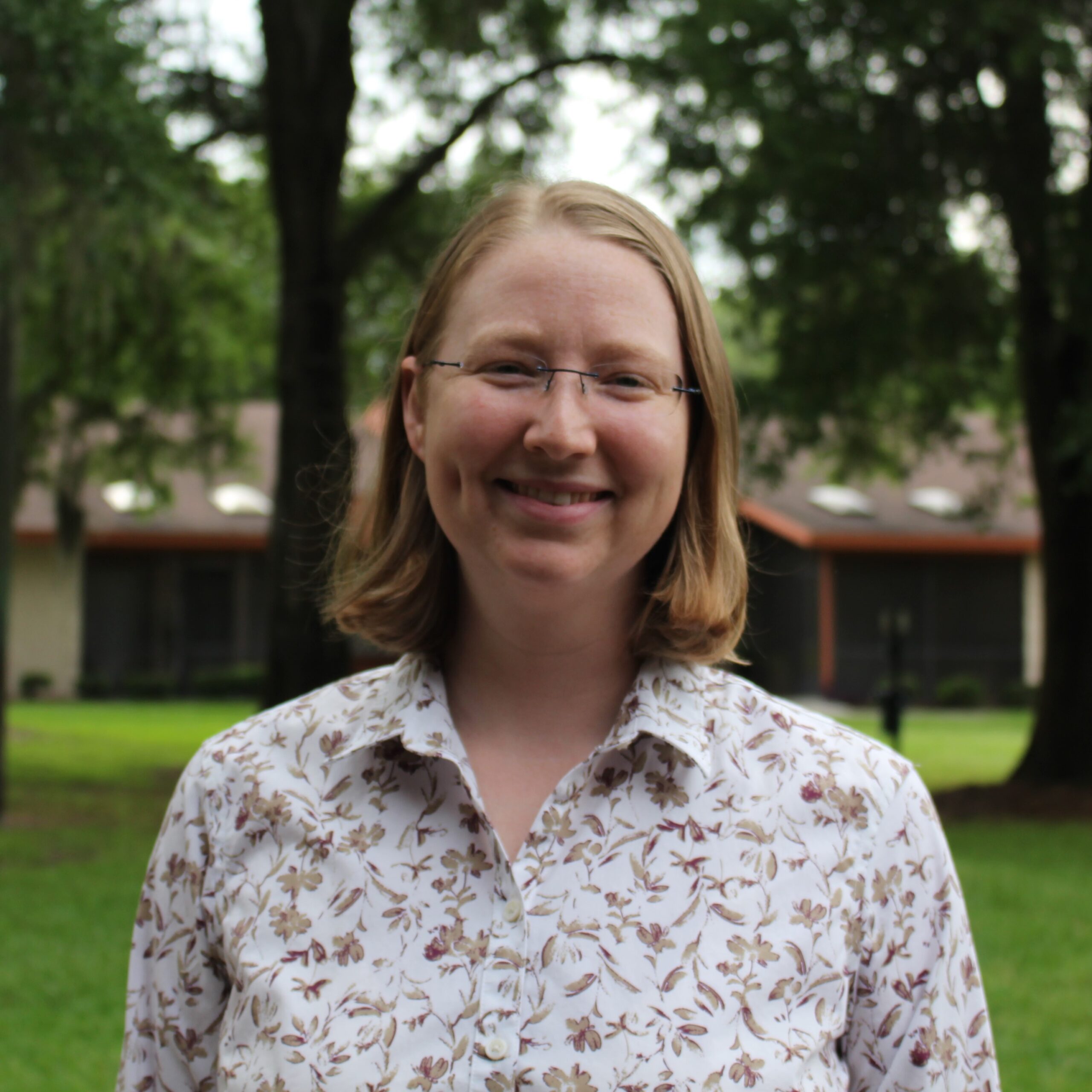This series of stories on the creation care survey has illuminated the importance of issues like climate change in the lives of Anabaptists around the world. We now come to the last question: what should Mennonite World Conference do in response?
The Creation Care Task Force is taking your responses as guides for crafting activities that will best help congregations engage with creation care issues.
1. The most common request was to hear more about creation care.
The most common responses expressed the same theme in different ways: the need to hear more about environmental issues. Often this was a request for help with learning about creation care, either through training or through resources. This was most common in responses from Africa, Asia and Latin America.
“All human beings aspire to live in security on this planet. Therefore, we suggest that Mennonite World Conference organizes online conferences and provides written resources that talk about creation and environmental protection. That will allow our members to have knowledge of the environment and help them live sustainably in harmony with the environment.”—Cristiano Mafuta M. Ngoma, Igreja da Comunidade Menonita em Angola (Mennonite Church in Angola)
Respondents from North America and Europe expressed this theme differently. There were many requests to hear stories about creation care impacts and actions, and especially about those most impacted by climate change.
Respondents from all regions expressed a desire for the church to be more aware of creation care at the institutional level. They wanted Mennonite World Conference and member churches to internalize creation care so that it is integral to what churches do.
“We need calls to action that match the level of the crisis that we are in: ‘a climate emergency.’ If we don’t think bigger and bolder, it can actually lead to more despair.”—Steve Heinrichs, Hope Mennonite Church, Winnipeg, Manitoba, Canada
2. Some asked for suggestions of actions that are relevant to their communities

Respondents suggested that creation care is dependent on local contexts, and that collaboration is needed. Solutions can differ depending on the location. We should acknowledge the diversity of contributions that come from a variety of communities and organizations.
“Work with global Anabaptist communities. Africa can contribute a lot to tackle climate change and work with us.”—Desalegn Abebe, president, Meserete Kristos Church, Ethiopia.
“Collaborate with churches to identify different problems and available resources and then incorporate the local community in resolving the problems.”—Delphin Kapay, Communauté des Eglises des Frères Mennonites au Congo.
“Maybe a localised Creation Care Task Force would be helpful. Guidelines to more simple and sustainable ways of life are often based on what’s happening in Western countries – not very accessible or doable in other regions.”—Mia Handoyo, GKMI Semarang, Indonesia.
Requests for specific suggestions usually focused on individual actions, such as tree planting or solar panel installation.
“We need to encourage church members to progress from taking actions from an individual level to the household level to wider communities. Just talking isn’t going to result in change.”—Durga Sunchiuri, MCC program coordinator in Nepal for seven years.

“Short tips on how to ‘green’ your life / church would be the most useful. Practical things that don’t take much time or money, but when all churches / families would do this, it would actually make a difference.”—Jantine Brouwer-Huisman, Algemene Doopsgezind Societeit.
In addition to individual actions, multiple respondents asked for system-level action in society, such as engaging with government policies through advocacy. Other requests mentioned regularly included leader training, and financial assistance.
“I want my church and our denomination to take risks to ‘speak truth to power.’ I want us to be able to breathe deeper because we’ve taken meaningful, systemic action, instead of being paralyzed by guilt. I want us to align with humans of all religions and worldviews and do serious activism to support non-human creation and the next generations of humans, who are at very serious risk.”—Lisa Martens, Hope Mennonite Church, Winnipeg, Manitoba, Canada.
3. There were fewer comments on other important engagement strategies
In a significant part of the world, the biggest hurdle to climate action is how the issue has become politicized. Multiple respondents requested Mennonite World Conference present a biblical and global basis for our discussion that bridges political divides and appeals to people from a variety of backgrounds.
“Climate change is a moral issue that should concern everyone, not a political issue meant to pit ‘environmentalists’ against those who make their living from the land.”—Sarah Werner, Columbus Mennonite Church, Ohio, USA.

Relationally connecting American congregations with Anabaptist churches in non-Western contexts impacted by climate change might get past the polarization.—Rodney Martin, Lititz Mennonite Church, Pennsylvania, USA.
Organizations that work on environmental issues have learned strategies that effectively move groups toward action. For instance, engagement through social media, empowering youth, and developing a strong consensus voice are all effective strategies to get action on climate change. Surprisingly, these were not frequently mentioned. Likewise, relatively few asked for help articulating a distinctive Anabaptist perspective on creation care.
“Help the Mennonite Church go from ‘the quiet in the “land’ to find voice to speak out and take action around climate change. This is a faith-based issue.”—Heather Wolfe, Taftsville Chapel Mennonite Fellowship, Vermont, USA.
Although survey respondents infrequently mentioned strategies, this does not mean they were unimportant.
They may instead represent areas of opportunity: methods of engagement to expand our impact.
The Creation Care Task Force is grateful to the more than 350 people who expressed their stories, feelings, and ideas on how we can faithfully respond as a community to the challenge of caring for creation. Watch for more stories, events and resources as the task force responds to this collective call to change how we all think and act on climate change and other environmental issues.
Join us at Assembly 17 in Indonesia where creation care is incorporated into a variety of sessions and activities. The Creation Care Task Force invites you to hear more stories from the survey and MWC’s plans for engaging creation care, at the following sessions:
“Creation Care and MWC: Responding as a Global Church”
How should Mennonite World Conference respond to climate and other environmental crises which are impacting communities globally? This workshop presents learnings and stories that come from the recent creation care survey. Creation Care Task Force members will lead a conversation on how MWC should respond to these creation care crises.
“Practical Steps for Creation Care from the Global Church”
A panel representing churches from around the world will share practical ways, from gardening to advocacy actions, that they are engaging in creation care. There will be time for questions and sharing between participants and workshop audience. This panel is part of a series of workshops from the Creation Care Task Force
Welcome to a series on environmental problems and the global church.
These stories illuminate
a) how Anabaptist-Mennonites are affected by environmental degradation,
b) what Anabaptist-Mennonites think about environmental issues,
c) how Anabaptist-Mennonites are responding.